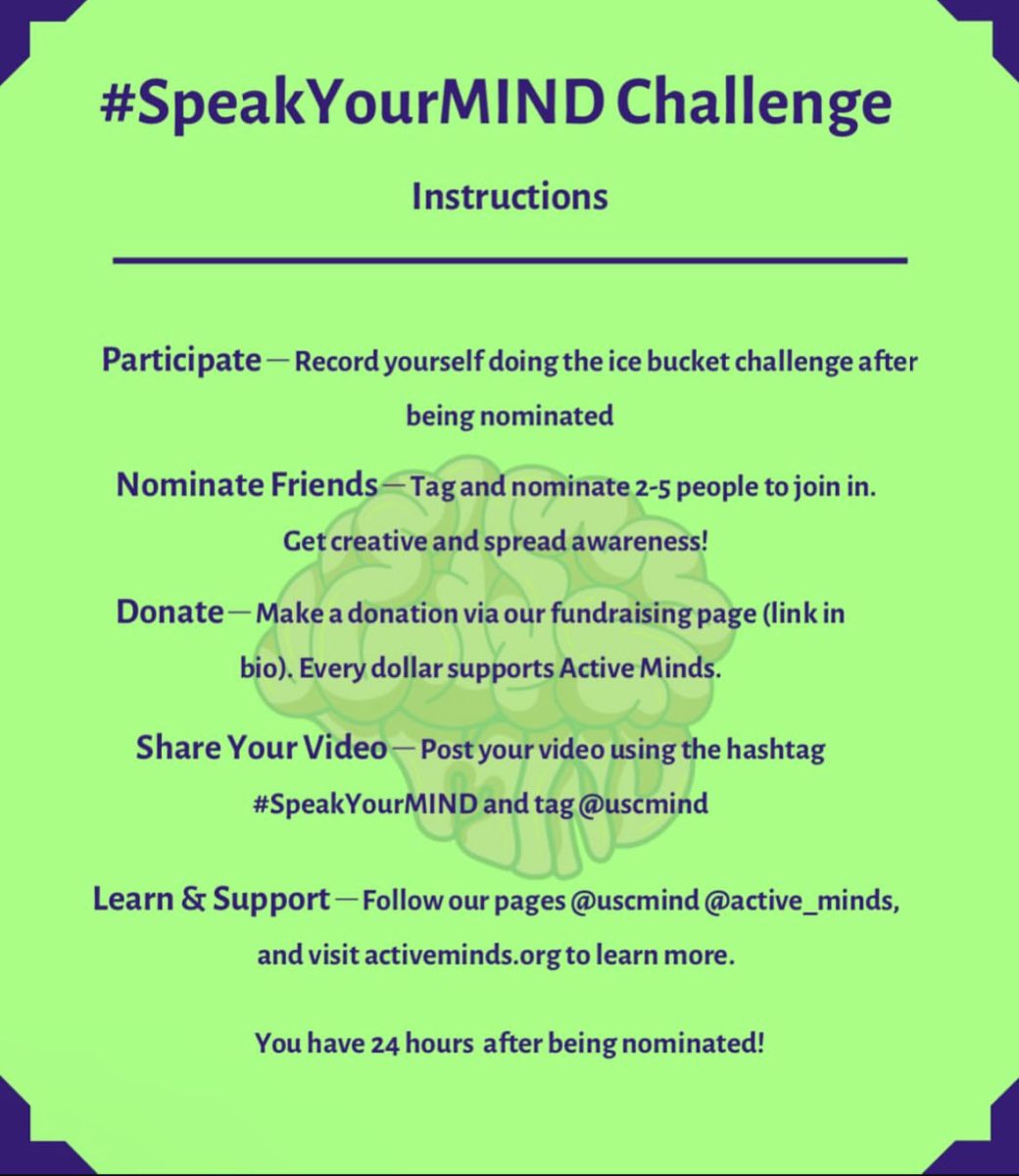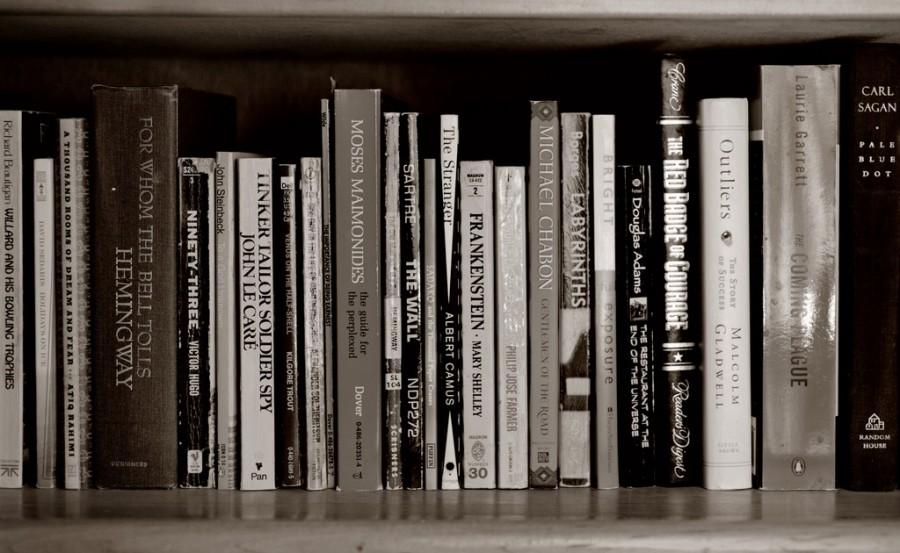Bitter Books
December 5, 2014
It must have been a couple days ago when I came across a small sophomore sitting in the linoleum halls of South Campus, leaning up against his locker, reading a book in the B wing. The sophomore in question had a peculiar look on his face—a mix of disturbed intrigue and undeniable fright. He flipped a page as I passed, and an inexplicable sigh escaped his lips.
This, my friends, is the vision of a student who has given up. And not because of an over-abundance of work or stress, but of an over-redundance of depressing literature, chosen for the sake of teenage intrigue but crumbling our ingrained love of glorious pleasure reading.
Let’s take a walk down memory lane. No matter your English class, you’ve probably read books with intense messages of grief. From “Forgotten Fire,” featuring “shattering murder,” to “In the Time of the Butterflies,” a story some describe as “confusing and all about torture.” Then come “Cat’s Eye” and “Ceremony” sophomore year, a double dose of feet peeling and country road meandering.
English teachers might think that I am ignoring the motive of incredible conflict to allow for incredible growth in literature, that I do not understand that a book without conflict is one of boredom and pointlessness. Trust me, I can understand that. But my argument is not that these books have no place in society or that they are weak works of writing that should not be appreciated. I can bite my teeth into “Jane Eyre” or “Beloved” or “Lord of the Flies” any day. Conflict is inspiring when it leads to some inspirational meaning. Because isn’t literature all about proving to ourselves that we’re not the only ones who feel something? I am saying, however, that this type of heavily glum literature that we read has an immensely negative effect on the high school psyche.
As a student, I have heard that if I don’t enjoy or appreciate a piece of literature that we read, it is a weakness in myself. I agree that high schoolers complain to complain, and usually complex English books get the brunt of the hate. But when we say a book is confusing and depressing because we are not experienced enough to understand its meaning, that is not a weakness in ourselves. Give us a voice to critique literature from our point of view; it is understandable that we would despise books that depress or confuse us.
Teachers, I urge you to stop choosing content based on student intrigue and high depressing factor. Generally, we have not lived enough in this world to understand the beauty of these texts, and by forcing us to read, annotate, take quizzes on and make sense of stuff we just don’t understand is discouraging reading for pleasure. Reading for meaning and to write an essay is all fine and good, but reading for pleasure is glorious. English teachers and PhD candidates can do both at once, and that is clearly the goal, but with constant depressing themes and torturous confusion, we don’t have time to connect literature to our lives because we are too busy hating it. Give us some books to appreciate for the genius that they are, without the barrage of agony for the sake of our fascination.





















![Movie poster for '[Rec]" (2007).](https://www.lionnewspaper.com/wp-content/uploads/2023/04/rec-640x900.jpg)


